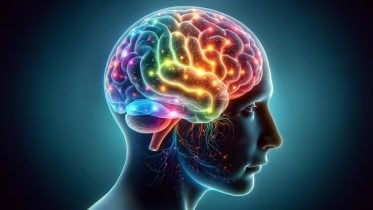Antidepressants like SSRIs work by boosting neuroplasticity and connectivity in the brain, offering a fresh perspective on their role in treating depression, beyond the serotonin theory. Credit: SciTechDaily.com The serotonin-boosting actions of antidepressants are essential and relieve depression by restoring normal communication and connections in the brain.
New research highlights that SSRIs and other antidepressants treat depression not by correcting a serotonin imbalance, but by promoting neuroplasticity and enhancing brain region communication, reshaping clinical discussions about their effectiveness. New Research on Antidepressants Scientists from the University of Colorado Anschutz Medical Campus have established a new framework for understanding how classic antidepressants work in treating major depressive disorder (MDD), reemphasizing their importance and aiming to reframe the clinical conversation around their role in treatment. The nature of the dysfunction at the root of MDD has been under investigation for decades.

Classic antidepressants, like SSRIs (selective serotonin reuptake inhibitors, such as Prozac) cause an elevation in the levels of the brain chemical messenger, serotonin. This observation led to the idea that antidepressants work because they restore a chemical imbalance, such as a lack of serotonin. However, subsequent years of research showed no significant decrease in serotonin in people with depression.
While experts have moved away from this hypo.























